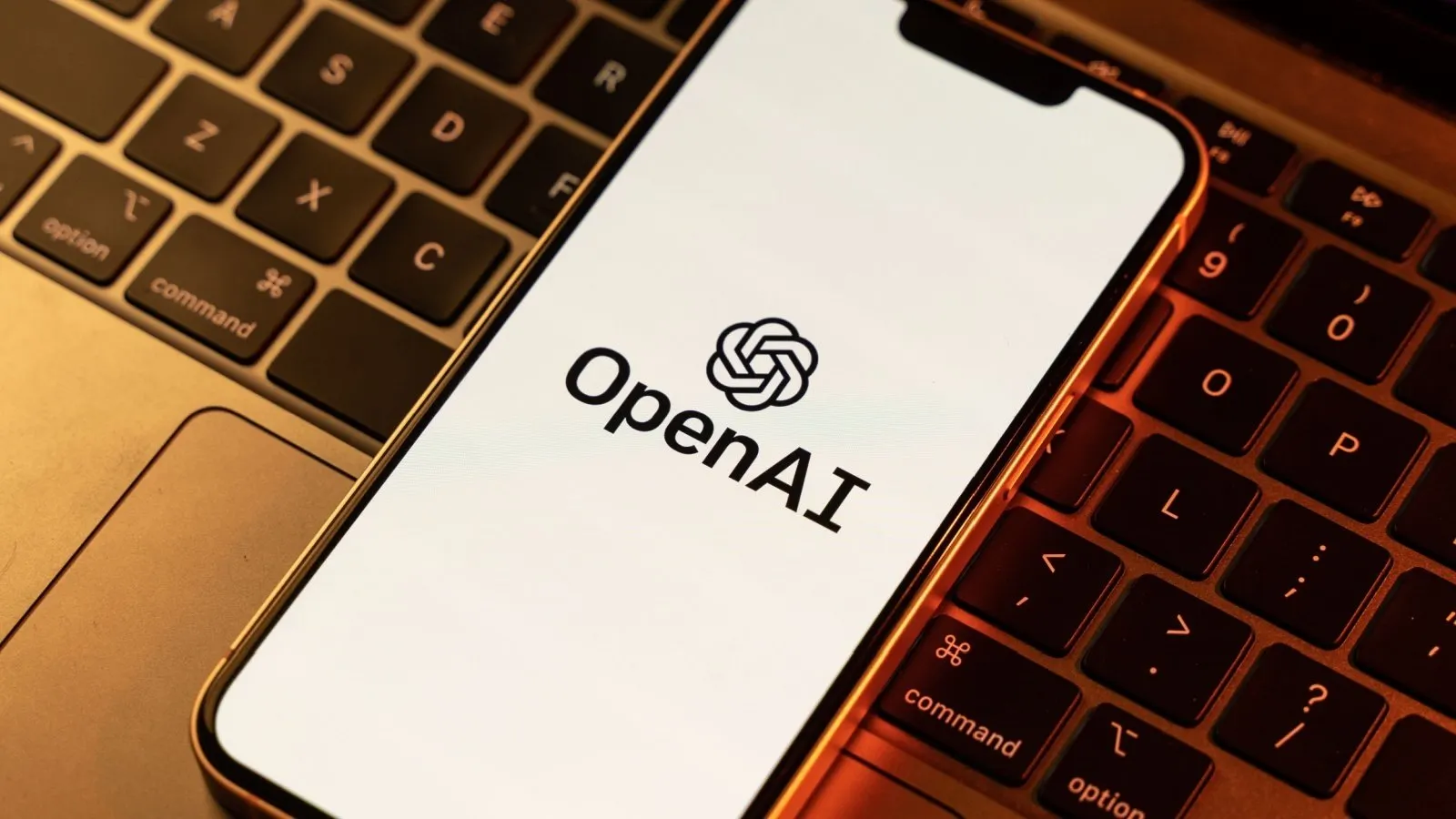OpenAI says Elon Musk didn’t just leave the company; he tried to take it over, and the AI research giant says it has the emails to prove it.
In a newly filed countersuit, OpenAI accuses Tesla CEO Elon Musk of attempting a hostile takeover of the company he helped found, using what it called “bad-faith tactics” and a “self-serving narrative.”
OpenAI seeks to block Elon Musk’s alleged campaign of harassment and disruption, centered on a sham $97 billion takeover bid, while seeking compensatory and punitive damages to be determined at a possible trial, along with injunctive relief to prevent further interference.
Elon’s nonstop actions against us are just bad-faith tactics to slow down OpenAI and seize control of the leading AI innovations for his personal benefit. Today, we counter-sued to stop him.
— OpenAI Newsroom (@OpenAINewsroom) April 9, 2025
“These antics are just history on repeat—Elon being all about Elon,” OpenAI’s official newsroom wrote in a scalding post on X as it shared internal emails showing Musk pushing to convert OpenAI into a for-profit entity.
While Musk has consistently argued that OpenAI strayed from its original nonprofit mission, OpenAI alleges Musk himself was the first to push for a structural overhaul, so long as he was in charge.
As shown in the emails, in November 2015, Musk began questioning OpenAI’s structure in an email to CEO Sam Altman, writing that a “standard C corp with a parallel nonprofit” would likely align incentives better.
Decrypt has yet to independently verify the emails put forth by OpenAI. Representatives for Musk's companies, Tesla and SpaceX, did not immediately respond to Decrypt's request for comment.
For-profit necessity
In June and July 2017, as OpenAI’s need for compute scaled with its Dota 2 experiments, Musk allegedly encouraged expansion, writing, “Let’s figure out the least expensive way to ensure compute power is not a constraint.”
And that summer, discussions shifted. On July 13, 2017, Musk allegedly agreed a for-profit model might be necessary. Days later, he warned that China’s AI ambitions were another reason to “change course.”
OpenAI claims that in September 2017, Musk made his move, pushing for “initial control” over OpenAI’s board in exchange for capital and demanding to be CEO.
Emails from that month show him proposing a structure where he’d appoint four out of seven board seats. “I would unequivocally have initial control of the company,” he allegedly wrote.
OpenAI alleges Musk also directed his team to incorporate a for-profit shell company, Open Artificial Intelligence Technologies, Inc., with plans to rehouse OpenAI’s IP under it.
Pushback
But OpenAI pushed back. In a candid message, co-founders warned that Musk’s structure risked creating an “AGI dictatorship.”
They rejected the terms. Musk’s response: “Discussions are over. I will no longer fund OpenAI.”
In January 2018, Musk allegedly proposed spinning OpenAI into Tesla, saying it was the only way to raise the billions needed. “OpenAI is on a path of certain failure relative to Google,” he wrote.
According to OpenAI, the team declined again, unwilling to become a Tesla subsidiary. By February 2018, Musk resigned as co-chair and parted ways with OpenAI.
Years later, he has now returned, and this time through the courts.
In March, Musk’s lawsuit against OpenAI sought to block its transition to a capped-profit structure. A U.S. judge denied the injunction but agreed to an expedited trial, set for fall 2025.
OpenAI had previously released Musk’s emails earlier last year in response to the lawsuit, painting a picture of a founder who, despite his public stance, was already advocating for profit, exclusivity, and consolidation, years before filing suit.
Amid the chaos, Musk has founded a rival AI startup, xAI, which last month merged with X in an all-stock deal valuing xAI at $80 billion.
OpenAI, for its part, announced a $40 billion funding round led by SoftBank, pushing its valuation to $300 billion. That’s nearly four times the valuation tied to Musk’s xAI startup.
“We’re getting ready to build the best-equipped nonprofit the world has ever seen,” OpenAI said in its countersuit. “The idea that we abandoned the mission is false. Elon’s own emails make that clear.”
Edited by Sebastian Sinclair

